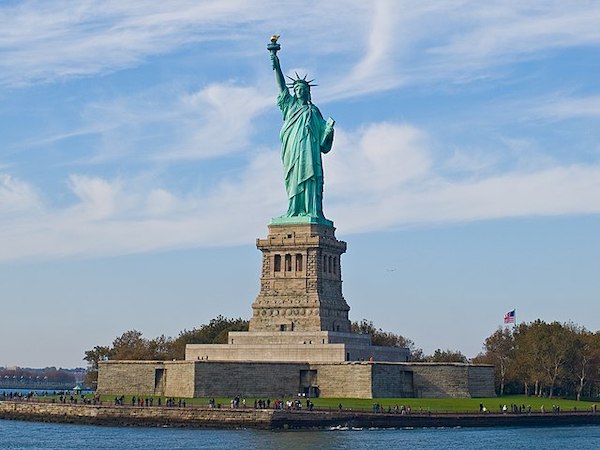
OVERVIEW
NEW WORDS
[responsivevoice voice=”US English Male” buttontext=”Play Audio”]
Nouns.
- ancestry (plural: ancestries) lineage; the origins of your family.
- ancient history a time period from the beginning of writing and recorded human history to as far as late antiquity, Ancient history covers all continents inhabited by humans in the period 3000 BC – AD 650.
- anthropology the scientific study of humans, especially of their origin, their behavior, and their physical, social, and cultural development.
- archaeology the systematic study of past human life and cult.
- Civil War the American Civil War (1861-1865) was a civil war in the United States between the Union and the Confederacy, formed by states that had seceded from the Union.
- civilization (plural: civilizations) the type of culture and society developed by a particular nation or region or in a particular epoch.
- colonial period (plural: periods) a period in a country’s history when it was subject to administration by a colonial power.
- Constitution the supreme law of the United States, consisting of the document ratified by the original thirteen states (1787-1790) and subsequent amendments.
- Declaration of Independence an official act (1776) taken by all 13 American colonies in declaring independence from British rule.
- era (plural: eras) a period of time considered as being of a distinctive character.
- fossil (plural: fossils) a remnant or trace of an organism of a past geologic age.
- heritage (plural: heritages) anything that has been transmitted from the past or handed down by tradition.
- history (plural: histories) a chronological record of events, as of the life or development of a people or institution.
- historian (plural: historians) one who writes or compiles a chronological record of events.
- modern history (plural: histories) the history of the world beginning after the Middle Ages.
- revolution (plural: revolutions) The American Revolution or Revolutionary War (1775–83) was an insurrection by which 13 of Great Britain’s North American colonies won political independence and went on to form the United States of America.
- period (plural: periods) a length of time.
- ruin (plural: ruins) the remains of a civilization’s architecture.
Adjectives.
- ancient dating from very long ago.
- chronological arranged in order of time of occurrence.
- colonial characteristic of or relating to the 13 British colonies that became the United States of America (1776).
- historical based on past events or set in the past.
- modern relating to recent times or the present.
- prehistoric belonging to the era before recorded history.
[/responsivevoice]
VISUAL VOCABULARY
- Let’s visit some famous historical sites in the United States
- Let’s visit some famous historical sites in Canada
- Let’s visit some famous historical sites in the United Kingdom
- Let’s visit some famous historical sites in Ireland
- Let’s visit some famous historical sites in Australia
- Let’s visit some famous historical sites in New Zealand
KEY PHRASES
GRAMMAR TIPS
READINGS
Key events in American history
- Indigenous cultures
- The early explorers of the Americas: Spanish, Dutch
- The Mayflower and the arrival of the Pilgrims
- The Thirteen Colonies
- The French and Indian War
- The American Revolution
- The Constitution and the Bill of Rights
- The Louisiana Purchase
- The California Gold Rush
- The Civil War
- The Alaska Purchase
- The Reconstruction
- The transcontinental railroad
- The annexation of Hawaii
- World War One
- The Roaring ‘20s
- The Great Depression
- The New Deal
- Pearl Harbor and World War II
- The Cold War
- The landing on the moon
- The civil rights movement
- The New Millennium
ONLINE RESOURCES
United States
Canada
United Kingdom
Ireland
Australia
New Zealand

